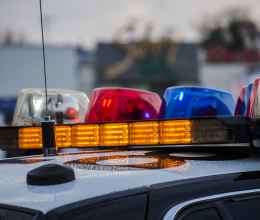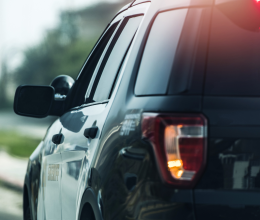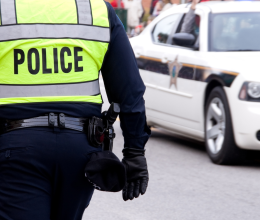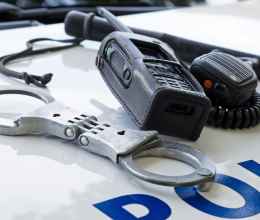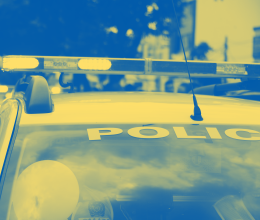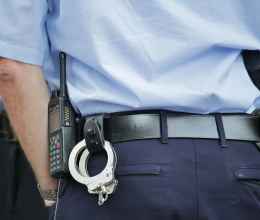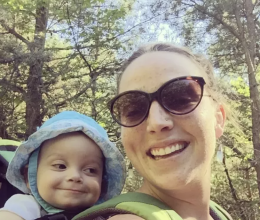
Good news: Responding to two years of advocacy by the ACLU of Massachusetts, the Boston Police Camera Action Team, and others, Boston Police Department Commissioner Evans has gone from saying that body-worn cameras are not necessary, to assigning officers to wear them. Globe reporter Jan Ransom covered the latest in her story "Diverse group of Boston officers chosen to wear body cameras":
"A racially diverse group of 100 Boston police officers assigned to wear body cameras in a pilot program come from districts across the city, with some from the city’s high-crime neighborhoods, areas heavily populated by students, and districts trafficked by tourists. ... Boston Police Commissioner William B. Evans announced last week that because there were no volunteers, officers would be chosen to participate in the department’s six-month test of body cameras. The initiative had been held up for months by union negotiations and a lack of volunteers. The pilot program will start in September."
Additionally, the Globe—which previously and repeatedly urged Boston police to adopt the cameras—has published an op-ed by Commissioner Evans and Boston Mayor Walsh, in which they offer their provisional support for the pilot program now getting underway:
"To be an effective tool, [body-worn cameras] must be implemented as part of a wider and deeper movement in community policing. No single technology can be a solution by itself."
We welcome this step forward.
Some concerns do still remain. As Ransom reported: "Ivan Espinoza-Madrigal, executive director of the Lawyers Committee for Civil Rights and Economic Justice, said he was disappointed to learn the program did not include officers working in Latino immigrant communities such as East Boston." Boston has so far only launched a pilot, and we hope police and city officials will heed calls like this that are already coming to expand the new program just getting underway.
We have also worked to encourage police across the state to adopt body-worn cameras, and hope that other Massachusetts cities and towns will begin to follow the lead that police in communities like Boston and Methuen have embarked on. In June, we contacted 40 police departments across the state and sent a copy of our suggested model policy, developed in consultation with community advocates and other civil rights organizations, to help police introduce body-worn cameras successfully. We're even tracking statewide progress on an interactive map.
The ACLU of Massachusetts is watching these early but encouraging steps in hopes that police implement body-worn cameras with community input, respect for privacy rights (like prohibiting recording in private spaces without consent), and accountability to ensure the cameras get used—and used correctly. Since other cities and states have moved faster than the Commonwealth on this issue, that makes it even more important for Massachusetts cities and towns to use the advantage of extra time to do police body-worn cameras right.
